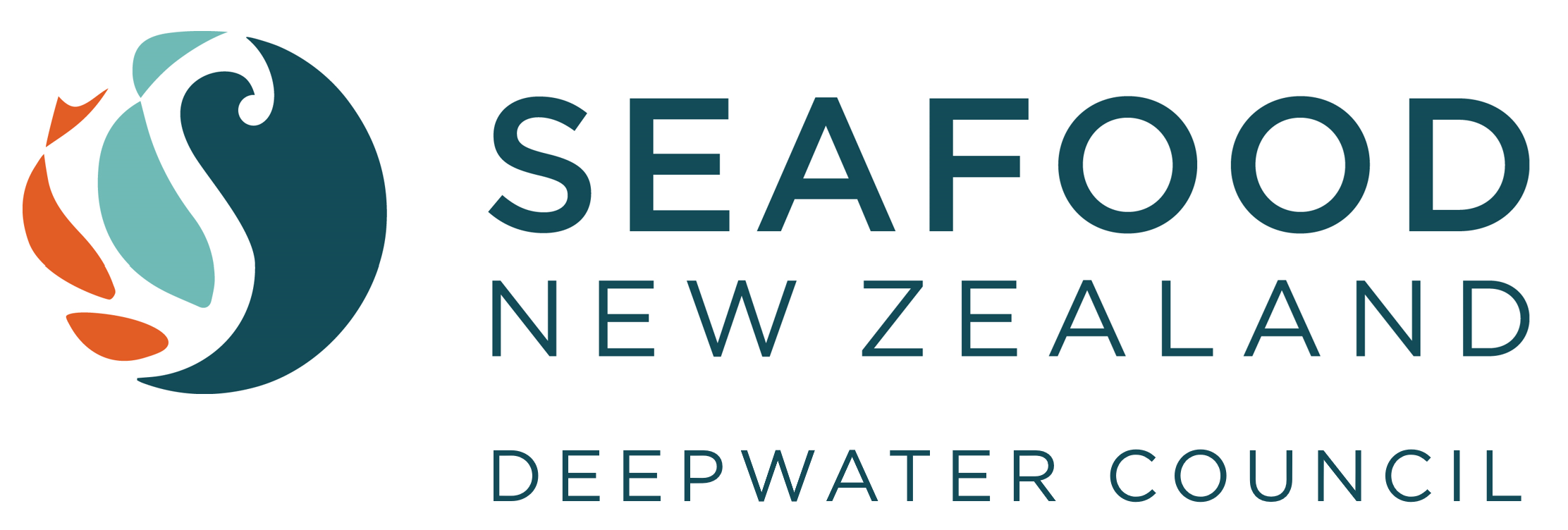Conservation Minister Dr Nick Smith today formally established three new marine reserves covering 435,000 hectares of ocean surrounding the Antipodes, Bounty and Campbell Islands from Perseverance Harbour, Campbell Island.
"The New Zealand Subantarctic Islands are one of the most pristine places on earth and these marine reserves are about keeping them that way. The marine reserve status that takes effect today means there can be no fishing, no mining, no petroleum exploration and no marine farming in these waters,” Dr Smith says.
The new marine reserves will ensure protection for the incredible diversity of wildlife on these islands. They are the most important breeding site in the world for albatross such as the iconic Southern Royal Albatross. There are three species of penguin including the erect-crested that exist only on these islands, and there are significant breeding grounds for the New Zealand fur seal and the New Zealand sea lion, as well as the elephant seal. The islands are also a breeding ground for New Zealand’s rarest whale, the southern right. These reserves will also protect massive underwater forests of unique antipodean bull kelp – a species larger than any other found in New Zealand. Other unique marine species to be protected are giant spider crabs and white-footed paua.
"The strength of these marine reserves is that we now have complete ecosystem protection covering the land and the sea of these Subantarctic Islands. The lack of marine protection was flagged by UNESCO when they approved World Heritage status for the islands in 1998 when I was last Minister, and I’m particularly pleased to see this process completed.
"These new marine reserves – which bring New Zealand’s total number of marine reserves to 37 – stand out for their scale. The area coming under protection is thirteen times larger than the total area of all the reserves on New Zealand’s three main islands. It will expand the proportion of our territorial sea that is protected to 9.5 per cent, close to the target of 10 per cent recommended by the United Nations.
"I would like to commend the important role of the Subantarctic Marine Protection Forum in this significant conservation achievement, particularly Te Ohu Kaimoana, the Deepwater Group, Forest and Bird, the Scampi Fishery Development Company, the Crab Company, SeaFic, Ngai Tahu, WWF New Zealand, ECO, NIWA, and the Forum’s chair Paul Beverley. Nor would these new reserves exist without the support of the Royal New Zealand Navy and the Department of Conservation."
"The National-led Government is aiming to complete a record number of marine reserves this year as part of our balanced programme of economically developing some ocean areas and setting aside others for permanent protection.”
